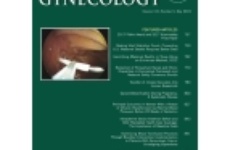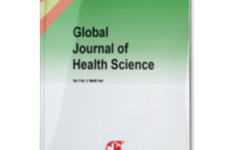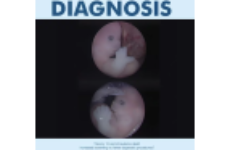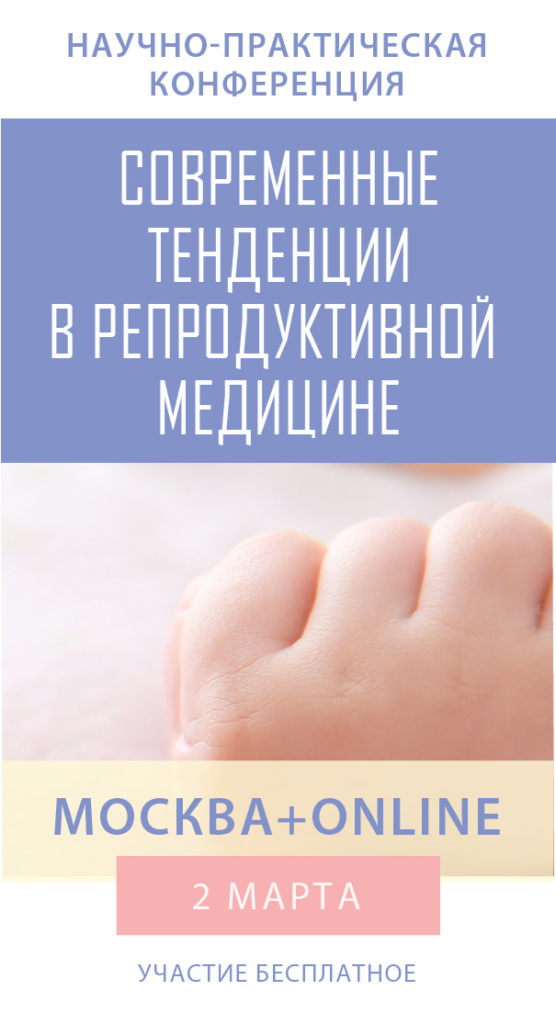BACKGROUND:
To evaluate the reproductive prognosis in women subjected to conservative surgical treatment for endometriosis seeking pregnancy during the first three years after surgery. We tried to identify operative findings which negative influences prognosis.
METHODS:
A total of 140 patients were retrospectively analyzed, who had a diagnosis of endometriosis, based on surgical and histological criteria and without other male or female infertility factors who underwent surgery between 01/2002 and 01/2012. For each patient, anatomic and surgical data, stage according to the revised classification of American Fertility Society (AFS), months of pregnancy research and the use of assisted reproductive technology (ART) after surgery were collected. A total of 109 patients had been diagnosed preoperatively as being infertile (group 1), 31 cases tried to conceive only after surgery (group 2). The study was approved by the Ethics Committee of San Gerardo Hospital, Monza.
RESULTS:
The pregnancy rate among infertile women (group 1) was 53% (58/109, 48 occurring naturally and 10 with ART), and 71% (22/31, 3 with ART) in patients of group 2. The overall cumulative probability of pregnancy at 3 years was 60% for group 1 and 76% for group 2. The prognosis was independent by the stage, presence of monolateral or bilateral endometriomas, tubal adhesions or superficial lesions while it is inversely correlated to Douglas’ pouch obliteration (DPO) (P=0.05).
CONCLUSIONS:
Surgery improves the reproductive prognosis in infertile women with endometriosis. In the studied population DPO obliteration had a high prevalence and it influenced negatively the pregnancy outcome.
- Cesana MC, Ferrari L, Passoni P, Polizzi S, Brunetti F, Milani R.
- Minerva Ginecol. 2017 Aug;69(4):322-327. doi: 10.23736/S0026-4784.16.03988-5. Epub 2016 Nov 16.
- PMID: 27849121
- DOI: 10.23736/S0026-4784.16.03988-5















